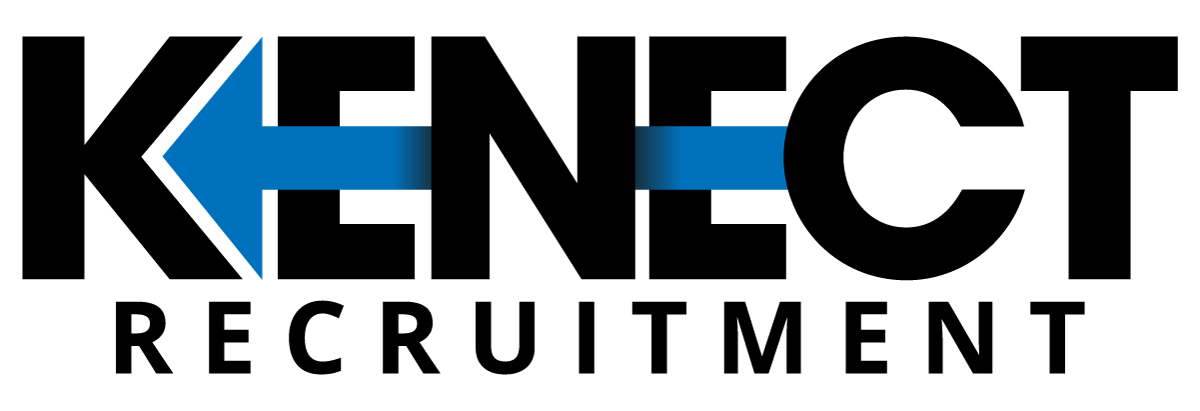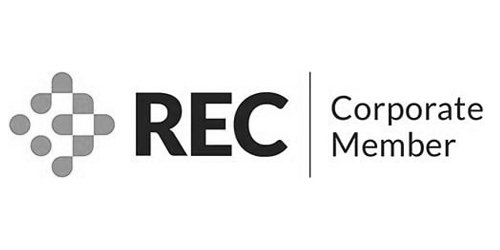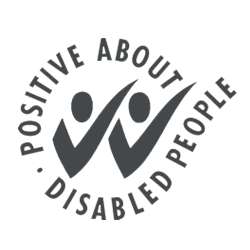 After such a restrictive year, we can finally see some light at the end of the tunnel. So, is now the time to apply for a new job?
After such a restrictive year, we can finally see some light at the end of the tunnel. So, is now the time to apply for a new job?
Whether you’ve been through the unfortunate process of redundancy or maybe you just need a change and to start afresh, Kenect recruitment’s top CV tips will hopefully help you get into the businesses where you really want to work.
Top CV tips and advice
It may seem an obvious thing to say, but the ‘Personal Details’ section of your CV is your first opportunity to introduce yourself to a potential employer.
Get the basics wrong at this stage and you can wave goodbye to the chances of getting an interview.
The basics & getting it right
Your name
Write your name in a larger font than the rest of your CV to make it stand out, after all your CV is a marketing tool used to market you! Middle names are optional but don’t be tempted with using nicknames between your main name such as John “The Whirlwind” Smith.
Marital status & date of birth
You don’t have to include details about your marital status or date of birth. However, if you think your status will make your application become more attractive. For example, being single might make unsociable working hours more feasible and being a little older may offer the opportunity to show a more mature nature towards an experienced role. However, it is no longer necessary since the Employment Equality Acts made age discrimination illegal in the recruitment process.
Nationality
This is not something that is essential. If you are either a native to the country in which you are applying or can provide a suitable working visa, there is no need to tell them where you are from.
Contact details
Simple logic applies here, but make sure you double check this and avoid entering old details. Don’t include your work contact details. Use your own personal email address or create a new account specifically for your job search, especially if your current email address is something like foxyrachael69@theinternet.co.uk. Be sure to add the phone number that will make it easier for potential recruiters or agencies to contact you, most likely your mobile phone.
Other information
If the job you’re after requires you to drive, then you will probably want to assure them about your clean driving license and mode of transport.
Getting the interview
Your CV is designed to do one thing; to get you an interview with a prospective employer. That means that every section of your CV must contain information of most value – and relevance – to the advertised position.
The ‘Skills’ section is arguably the most important part of your CV to employers and recruitment agencies. Hiring managers want to know what’s in it for them. What will you bring to their company? Therefore, you need to sell yourself and demonstrate your skills and show how you are going to be a positive addition to their workforce.
Before you rush to compile a list of all the things that you can do, take some time to understand what skills are important for the specific job that you are applying for. If you are unclear about what skills the job requires because the job advert gives little information, then search similar job titles on our job search page and note what those positions are looking for.
Did you know?
The average recruiter will only spend between 20 to 30 seconds glancing at your CV, which means that you need to make an impression quickly and sell yourself.
Your personal statement is your first opportunity to do just that. It is perhaps the single most important part of you CV. Get it wrong and your chances of being invited to interview are drastically reduced. Its aim is to highlight your professional attributes and goals, emphasising why they should continue reading the rest of your CV.
Aim to use no more than 50 words, making each sentence a key selling point. Unfortunately, too many people follow the tradition of using stock phrases and ‘key’ words that they think will help them stand out from the crowd. Many phrases are tired and clichéd and don’t have the impact employers need. Phrases such as “Looking for a challenging opportunity” should be avoided because they’re only focused on you only.
Employers want to know what you will do for them. How will you help their business? It should be clear from the job description what they need you to do, so tell them straight that you can help them do it
Things to avoid!
What phrases should I avoid on my CV?
Acting as your personal advertisement, your CV enables buyers (employers) to see what you can offer, and the presentation and structure of your CV is crucial. Unfortunately, too many people follow the tradition of using stock phrases and ‘key’ words that they think will help them stand out from the crowd. Due to this overuse, many recruiters have become immune to certain phrases.
Not making your CV stand out from the crowd can seriously damage your job search chances. Here are the most common phrases and some suggested alternatives.
Team player – as it’s unlikely that anyone would claim the opposite, statements like this become meaningless. The most effective way to get your future employer’s attention is to demonstrate your experience by giving a real-life example. For instance, have you worked within a team to achieve a specific goal? What was your role?
Project management skills – this is just a fancy way of saying that you are organised. Employers want to know what you have done in your current job that demonstrates your abilities. Have you organised an event or managed a budget? If so, tell them.
Results orientated – and so you should be. After all, employers are running businesses and they want a return on their investment in you. Convey and quantify your accomplishments and your potential to solve your future employer’s problems. Did you increase sales? If so, by how much? Did you save money for your organisation? Did you achieve your targets in the face of difficult circumstances?
People management skills – does that mean that you were a Manager or simply that you got on well with your customers and colleagues? ‘Management’ implies that you held a position of responsibility over other staff and can confuse employers. So, opt for words such as ‘supervised’ or coordinated’ instead.
Responsible for – everybody is responsible for something in their job. And, just because you are responsible for something does not necessarily make you a responsible person. Did you take on duties that were not part of your job spec? Did you train staff or suggest/introduce a new initiative? Did you rescue a failing project and turn it around?
In Conclusion
When writing your CV, bear in mind the role that you are applying and tailor it accordingly by focusing on providing evidence relevant to the position that will support your application.
By using examples of past experiences, you will put yourself in a stronger position and stand out from your peers. So, bin the jargon and clichés and get personal.
Writing a winning CV can be a challenge, but by putting in the mileage you will have a document that will make employers act and invite you for an interview. Then the real selling begins!
If you need further support with your CV please call offices at Kenect on 0844 329 0001 and we’d be more than happy to help you.









